A Very Detailed Go-To-Bed With Me
for balanced hormones, to curb cravings, reduced inflammation & a healthy gut

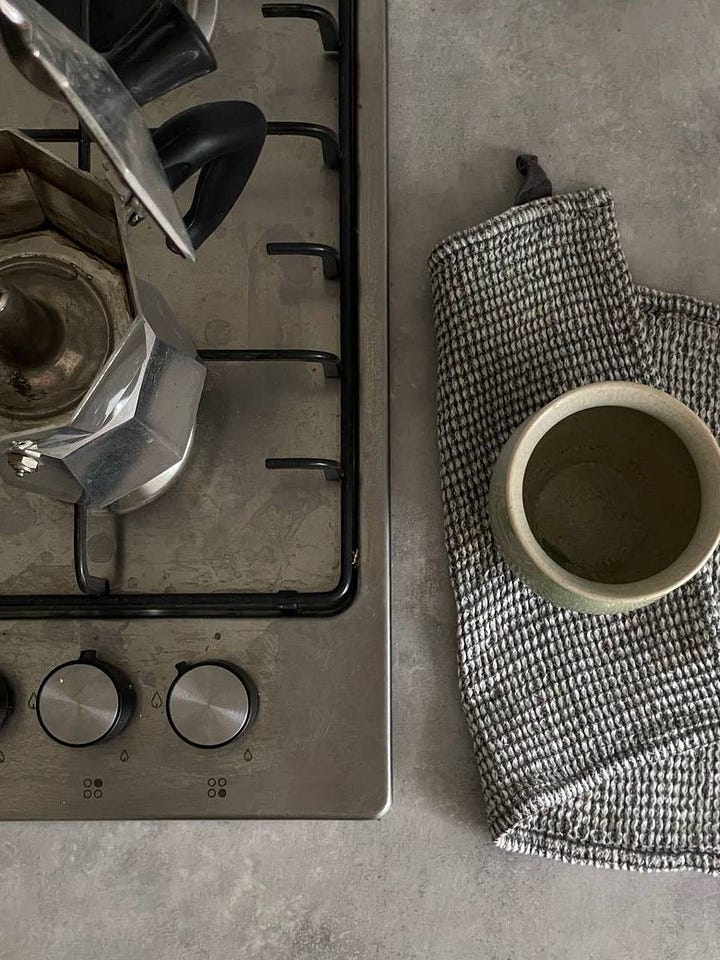
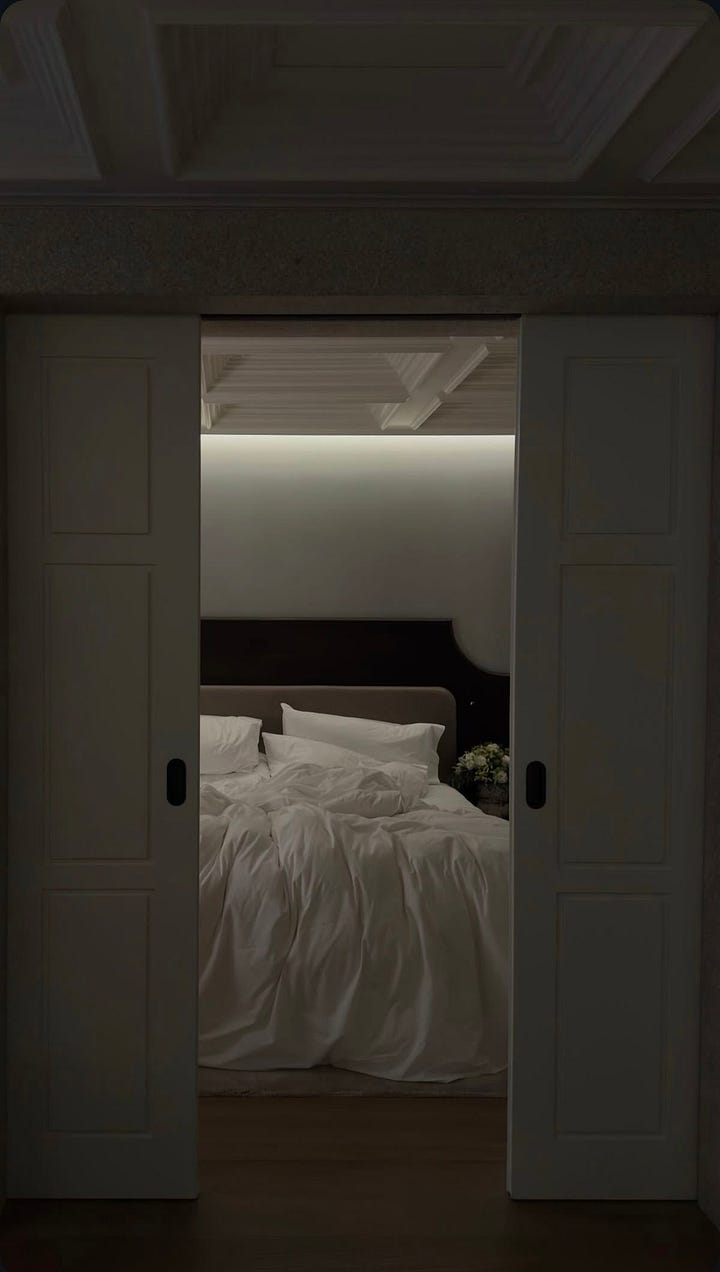
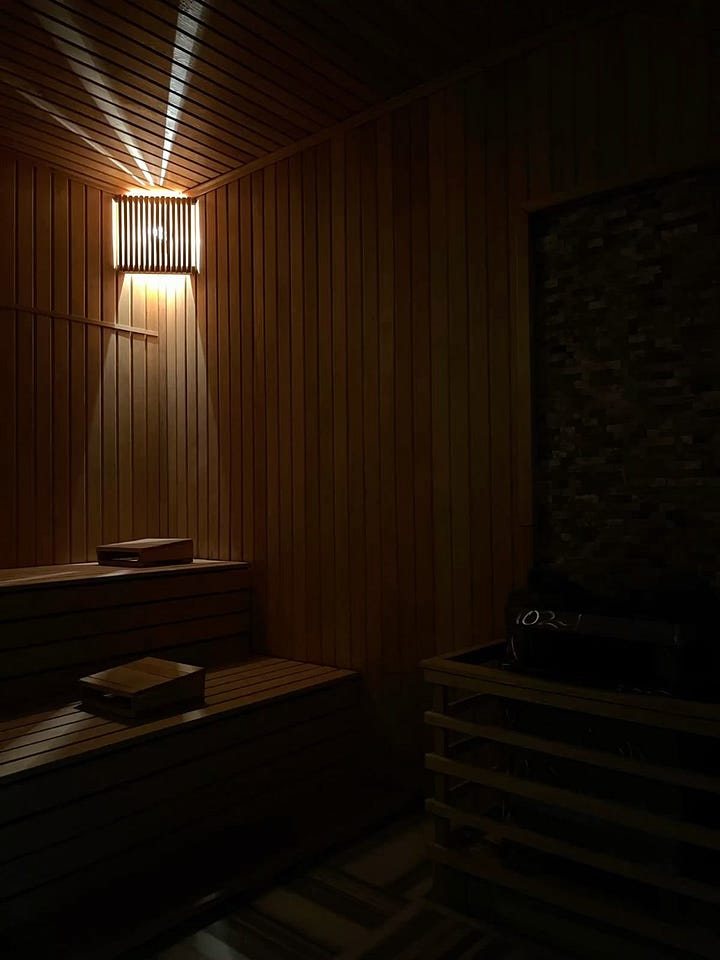
I used to be that person who would scroll until 11pm, and wake up feeling awful. I had no idea how much my nighttime routine was affecting everything - my skin, digestion, energy, cravings, hormones, mood, literally everything.
Once I started taking sleep seriously, everything changed. And I don’t just mean getting more hours. I mean actually setting my body up for deep, restorative, nervous-system-calming, hormone-balancing sleep.
Sleep is the ultimate beauty hack. It makes you look glowy, sculpted, and fresh. Sorry, but I don’t believe in the “I’ll sleep when I’m dead” mindset for success.
If you’re waking up exhausted, bloated, or craving sugar, sleep is probably the problem. One bad night can spike cortisol (your stress hormone), increase ghrelin (your hunger hormone), throw off digestion, and make you hold onto fat. Poor sleep makes you crave sugar, feel more inflamed, and even age faster. If you’re not prioritizing sleep, you’re making everything harder—your workouts, your skin, your metabolism, your energy levels.
The whole “I can thrive on 4 hours of sleep” thing? Not science-backed. Deep sleep is when your brain detoxes, your hormones reset, and your body repairs itself. If you’re not getting quality sleep, you’re running on stress hormones all day long.
So, let’s get into it: this is exactly how I set myself up for the best sleep of my life.
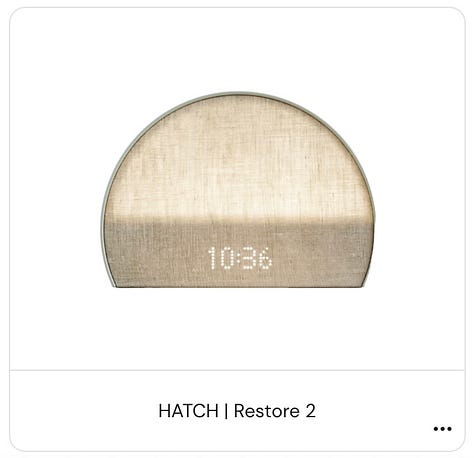
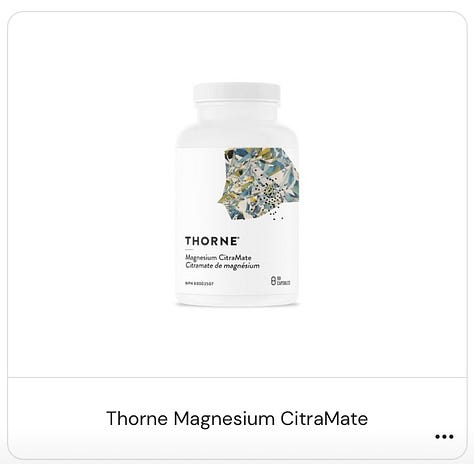
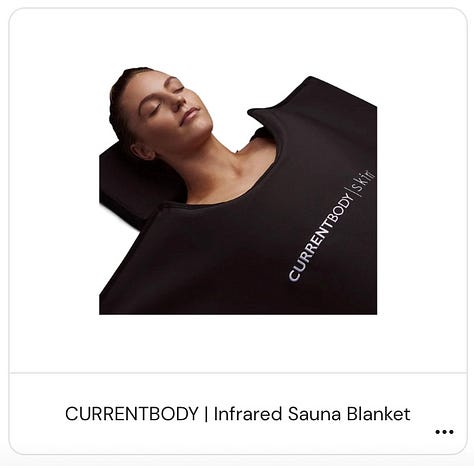
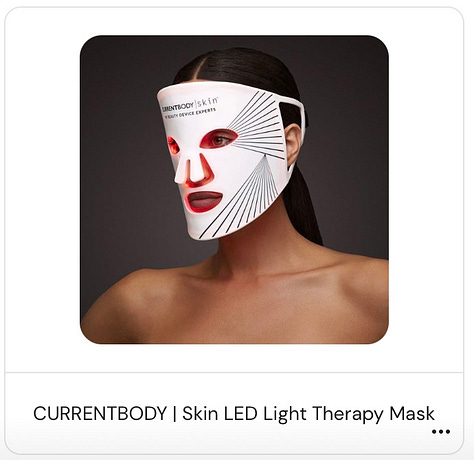
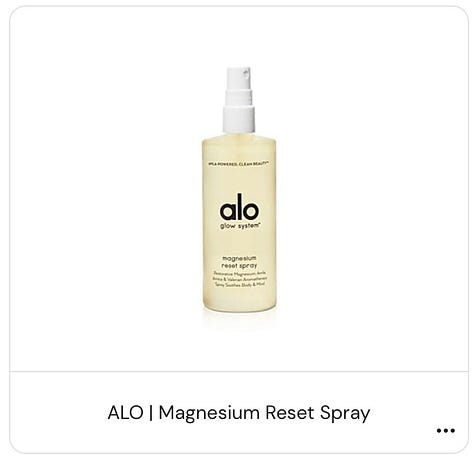

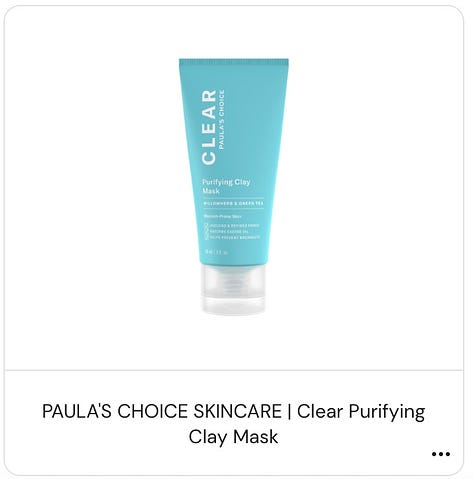
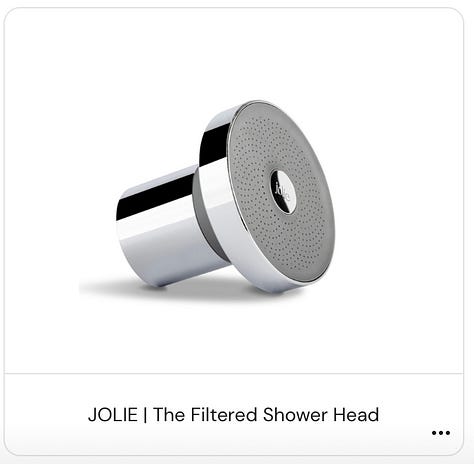
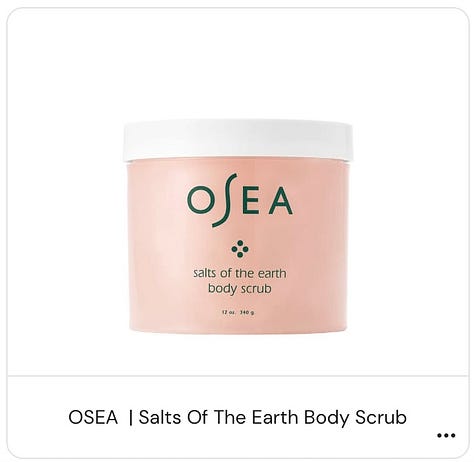
7:30 PM – The Wind-Down Begins
At this point in the night, I start shifting my body into full wind-down mode. Over the years, I’ve trained my nervous system to recognize that when I start doing these things, it means we’re shutting down soon.
- Hatch alarm clock set to sunset mode —a warm, dim glow that mimics the sun setting. Lighting is everything when it comes to melatonin production, so I only use lamps and warm-toned lights at night.
- Phone goes on Do Not Disturb & Sleep Mode at 8:45 PM. This was a hard habit to build, but not waking up to texts and notifications has been a game-changer.
- I stop eating at least 2.5 hours before bed. If I eat too close to bedtime, my digestion is off, and my sleep quality drops. I feel so much better in the morning when I let my body fully rest overnight.
Sleep Hack: If you struggle with nighttime cravings, it’s usually because your blood sugar isn’t balanced OR your ghrelin (hunger hormone) is out of whack from bad sleep. Fix your sleep, and I swear you’ll crave sugar and carbs way less.
8:00 PM – Tea, Stretching, & No Overhead Lights
- No overhead lights—only lamps. Blue light at night literally confuses your brain and stops melatonin production. It’s actually wild how much lighting affects sleep.
- Tea time. I rotate between dandelion, chamomile, tulsi, turmeric, ginger, and mint—all amazing for digestion, inflammation, and calming the nervous system.
- Stretching. A few spinal twists, hip openers, and neck stretches while sipping my tea melts away tension and helps me sleep deeper.
8:30 PM – Sauna, Skincare & Shower
This is where I really detox from the day and shift my body into full relaxation mode.
- Infrared sauna blanket (30-45 min). I use my CurrentBody sauna blanket—it helps with detox, circulation, lymphatic drainage, and relaxation.
- Double cleanse (always) My skincare is non-pore-clogging, and I make sure to properly cleanse after sweating in the sauna.
- Face mask (sometimes) If I have time, I’ll do a hydrating or detox mask —depends on what my skin needs.
- Warm shower to rinse off sweat + detox. I use my Jolie filtered shower head to remove toxins and heavy metals from the water.
- Body scrub + Osea body oil. I always apply lotion + oil while my skin is still damp to lock in moisture.
9:15 PM – Red Light Therapy, Oral Hygiene & Breathing
This is the final reset before I get into bed.
15 minutes of red light therapy. My CurrentBody red light mask is amazing for collagen, skin health, and reducing inflammation.
Castor oil on my stomach, eyelashes, and brows. Castor oil helps detox the liver, balance hormones, and boost hair growth.
Oral hygiene—brushing, flossing, tongue scraping. Tongue scraping before bed is so underrated—it removes bacteria, toxins, and buildup that you don’t want sitting in your mouth overnight.
- I’ve trained myself to NOT breathe through my mouth. Mouth breathing while sleeping = higher cortisol, worse sleep, and even changes your face structure over time. If you haven’t read “Breath” by James Nestor—it will change your life.
9:30 PM – Sleep Setup & Final Wind-Down
- Alo Air humidifier ON with valerian root and magnesium oil. Hydrates skin, calms my nervous system, and just makes the air feel so much better.
- Magnesium before bed. Crucial for relaxation, muscle recovery, and deep sleep.
- Silk pillowcase + luxe pajamas. Because why wouldn’t you want to feel amazing before bed?
- I sleep on my back + put my hair in sock curls or braids. Sleeping on your back is so good for skin and lymphatic drainage, and keeping my hair up prevents breakouts.
10:00 PM – Sleep Mode Activated
By this point, my body is fully in rest mode. No screens, no distractions, no extra stimulation—just deep, restorative sleep.
If you take one thing from this: sleep is the most underrated hack for everything—your skin, your digestion, your cravings, your metabolism, your energy levels. If you’re not prioritizing sleep, you’re making everything harder for yourself.
Would love to know—what’s your #1 non-negotiable before bed? Let’s chat in the comments. xx





This is SO on point—especially with how sleep affects hormones, nervous system regulation, and even cravings. The science really backs this up: just one night of poor sleep can increase cortisol and ghrelin levels, reduce insulin sensitivity, and mess with leptin (your fullness hormone), making you hungrier and more inflamed the next day. 💥
Also love that you mentioned lighting—melatonin is extremely sensitive to light exposure, especially blue light. Warm-toned lights, sunset simulation, and red light therapy all help signal the brain that it’s time to wind down, which is why they’re showing up more in circadian rhythm research.
The mouth breathing bit? Spot on. Nose breathing regulates CO₂ levels, improves oxygen uptake, and even activates the parasympathetic nervous system—essential for rest and recovery. James Nestor’s Breath does a great job breaking that down!
So good to see conversations about sleep finally going deeper than “just get 8 hours.” Sleep is biology’s most underrated upgrade button. 🧠🌙✨
Absolutely loved this! Just wondering, how many times during the week you can stay consistent with this routine?